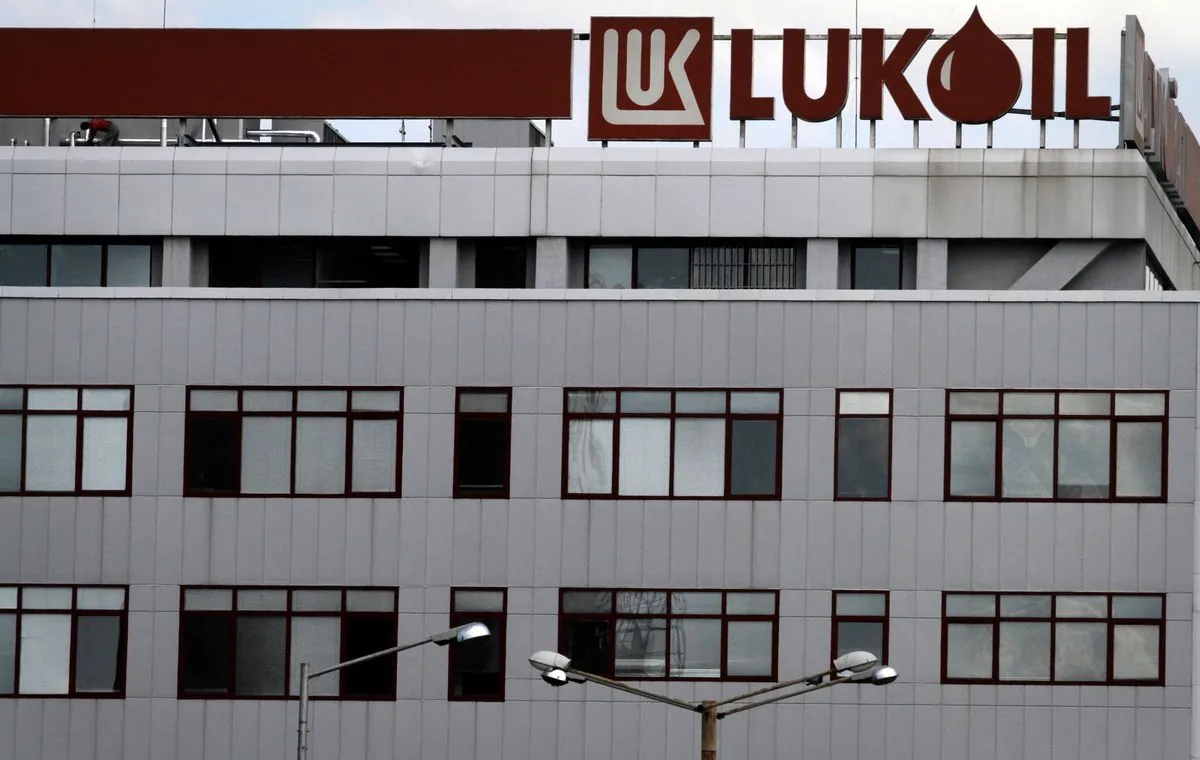Norwegian-Indian Man Linked to Hezbollah Pager Explosions Vanishes
Norwegian authorities issue international search for Rinson Jose, connected to exploding pagers in Lebanon. Jose, last seen in the U.S., founded a Bulgarian company allegedly involved in the supply chain.

Norwegian law enforcement has initiated a global search for Rinson Jose, a 39-year-old Norwegian-Indian individual associated with the recent pager explosions in Lebanon. This incident has brought attention to the complex interplay of international relations and technology in modern conflicts.
Jose, who founded a Bulgarian company in 2022, allegedly played a role in the supply chain of pagers that detonated in Lebanon approximately one week ago. These explosions, believed to be orchestrated by Israel, resulted in at least 39 fatalities and thousands of injuries among Hezbollah operatives. Hezbollah, established in 1985 as a Shiite Islamist political party and militant group, has been a significant player in Lebanese politics and regional conflicts.
The Oslo police department received a missing person report on September 25, 2024, prompting the issuance of an international warrant for Jose's whereabouts. This action highlights the global nature of the investigation, reminiscent of Interpol's role in facilitating international police cooperation since its founding in 1923.
Jose's employer, DN Media Group, reported that he departed for a conference in Boston on September 17, 2024. The company lost contact with him on September 18, adding a layer of mystery to the case. This disappearance occurs against the backdrop of Norway's complex international position, as the country is not a European Union member but participates in the European Economic Area.

The Bulgarian connection in this case is particularly intriguing. Jose founded Norta Global Ltd in Sofia in 2022, during a period when Bulgaria had already been a European Union member for 15 years. Despite Bulgaria's investigation into the company's role in the pager supply chain, no evidence of manufacturing or export from the country has been found. This lack of evidence is noteworthy, considering Bulgaria's transition from a communist state to a democracy in 1990 and its subsequent economic developments.
Norway's security police (PST), established in 1937, have launched a preliminary investigation into the reports linking a Norwegian-owned company to the pager sales. This investigation occurs in a country that has consistently ranked among the top in the UN Human Development Index, partly due to its economic transformation following the discovery of North Sea oil in 1969.
The pager explosions in Lebanon have reignited tensions in a region with a complex history. Lebanon, which gained independence from France in 1943 and experienced a civil war from 1975 to 1990, has a unique confessional political system based on religious communities. The country's recent history, including the Cedar Revolution in 2005, reflects ongoing political and social challenges.
It's worth noting that pager technology, first patented in 1949 by Alfred J. Gross, has a long history. Commercial paging services began in the 1950s, with usage peaking in 1994 at over 61 million users worldwide. The first two-way pager system was introduced in 1995, demonstrating the evolution of this technology that has now become entangled in international conflicts.
As the search for Rinson Jose continues, this case serves as a reminder of the intricate web of international relations, technology, and conflict that characterizes our modern world. The outcome of this investigation may have far-reaching implications for regional stability and international cooperation in combating the misuse of technology in conflicts.


































